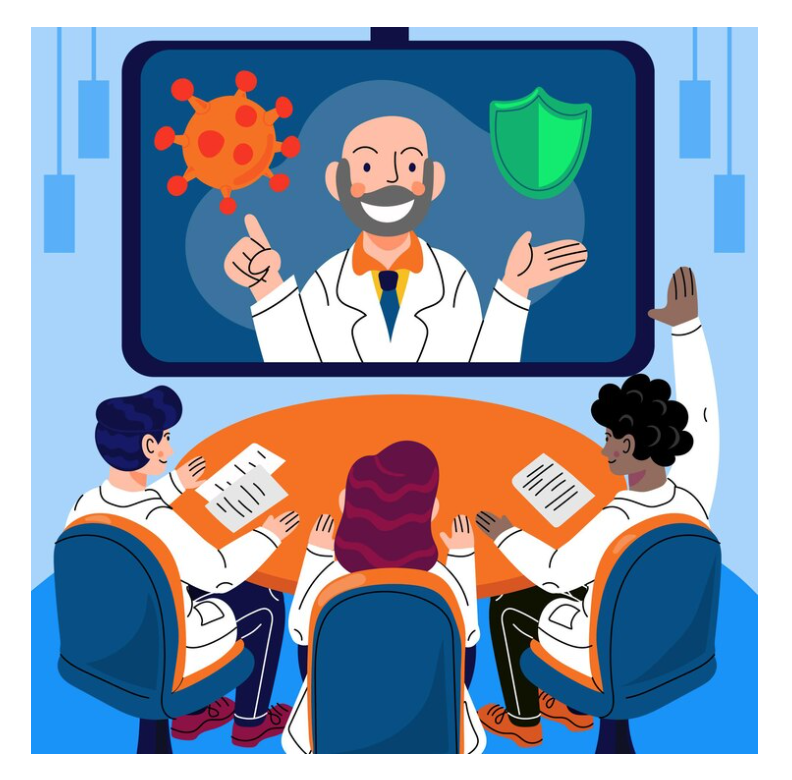
Support Networks for COPD Patients: Finding Community and Resources
Introduction: Living with COPD (Chronic Obstructive Pulmonary Disease) can feel challenging, but you don’t have to face it alone. Support networks provide valuable resources, guidance, and a sense of community for COPD patients. Let’s explore how you can find support and access resources to enhance your COPD management journey.
Importance of Support Networks
- Emotional Support: COPD support networks offer understanding and empathy from others who are facing similar challenges, reducing feelings of isolation and loneliness.
- Practical Advice: Members of support networks often share practical tips, coping strategies, and advice for managing COPD symptoms and navigating daily life.
- Access to Resources: Support networks connect COPD patients with valuable resources, including educational materials, healthcare providers, financial assistance programs, and community services.
Finding Support Networks
- Online Communities: Join online COPD support groups and forums where you can connect with fellow patients, caregivers, and healthcare professionals. Websites like COPD Foundation and Inspire offer online support communities.
- Local Support Groups: Check with local hospitals, clinics, or community centers for COPD support groups or classes in your area. These groups may meet in person or virtually and provide opportunities for in-depth discussions and face-to-face interactions.
- Patient Advocacy Organizations: Organizations like the American Lung Association and the COPD Foundation offer resources, advocacy, and support for COPD patients and their families. Explore their websites for information and support services.
Tips for Engaging with Support Networks
- Be Active: Participate actively in support groups by sharing your experiences, asking questions, and offering support to others. Your contributions can benefit the entire community.
- Be Open: Be open to learning from others and trying new coping strategies or management techniques. Everyone’s COPD journey is unique, and you may discover helpful insights from fellow patients.
- Seek Professional Advice: While support networks can offer valuable guidance, always consult your healthcare provider for personalized medical advice and treatment recommendations.
Conclusion
Support networks play a crucial role in helping COPD patients navigate their journey with the condition. By connecting with others, accessing resources, and sharing experiences, you can enhance your COPD management and improve your quality of life.
To seek medical advice, always consult a Doctor. Here are our recommended experts. Click here
To read more on Respiratory disease . Click Here
Recent Posts
Dr. Karan0 Comments
Preventing Gum Disease: Key Habits and Dental Check-ups
Dr. Karan0 Comments
Recognizing the Signs and Symptoms of Gum Disease:
Tags
#support
arthritis
Blood tests
causes
Children
complications
coping strategies
diabetes
diagnosis
diet
eczema
exercise
Healthy Lifestyle
Heart Disease
heart health
High blood pressure
hormonal imbalances
Hormones
hydration
india
Indian patients
inflammation
lifestyle changes
management
medication
Medications
mental health
Nutrition
pain management
physical therapy
pregnancy
prevention
recovery
risk factors
signs
skincare
skin condition
stress management
stroke
support
surgery
symptoms
transmission
treatment
treatment options



